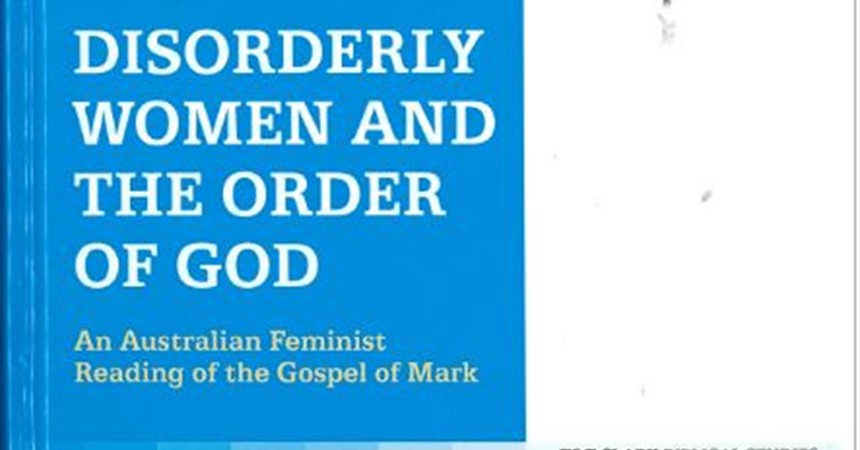In 1965, Ro Bognor and Merle Thornton chained themselves to the bar of a Brisbane hotel to protest the fact that public bars were men-only zones. Women belonged in the ladies lounge. What has this got to do with the Gospel of Mark?
A post-colonial feminist reading of Mark indicates that it too is, to a significant extent, a ‘men-only zone’. It could be said that this reflects the culture of the time in which Jesus lived – except that the purpose of the Gospel is to proclaim a new way, the Kingdom of God, in which the abundance of God reaches all.
Connolly writes, “No Australian woman today needs to stake her independence on walking into the public bar and ordering a beer. However, any woman walking innocently into the opening chapter of Mark needs to recognise the environment as being profoundly male-marked as was the Queensland public hotel bar - invaded by Bognor and Thornton.”
Connolly is a committed Australian Christian feminist and her gift in this book is to illuminate the Gospel by drawing analogies from significant moments in Australia’s history. Central to her analysis is the fact that the world of Jesus and our world both claim imperial-colonial origins.
The women who came to Australia on the First Fleet (and on successive fleets) are presented as grim examples of the limited, stereotyped and largely voiceless lives of women in imperial-colonial societies.
Connolly is scathing in her assessment of the Anzac Legend saying: “The Anzac figure is a sexist, imperialist fiction. Despite the reality of the contribution that Australian women made to the war effort, the Anzac Legend celebrates the male only. It takes a post-colonial feminist critique to discern this.”
There is so much more, and yet, the Lochinvar Josephite Sister concludes that in spite of this, the resurrection is promised to all – women and men.
Michele A Connolly rsj, Disorderly Women and the Order of God: An Australian Feminist Reading of the Gospel of Mark, Bloomsbury London 2018.




























































































